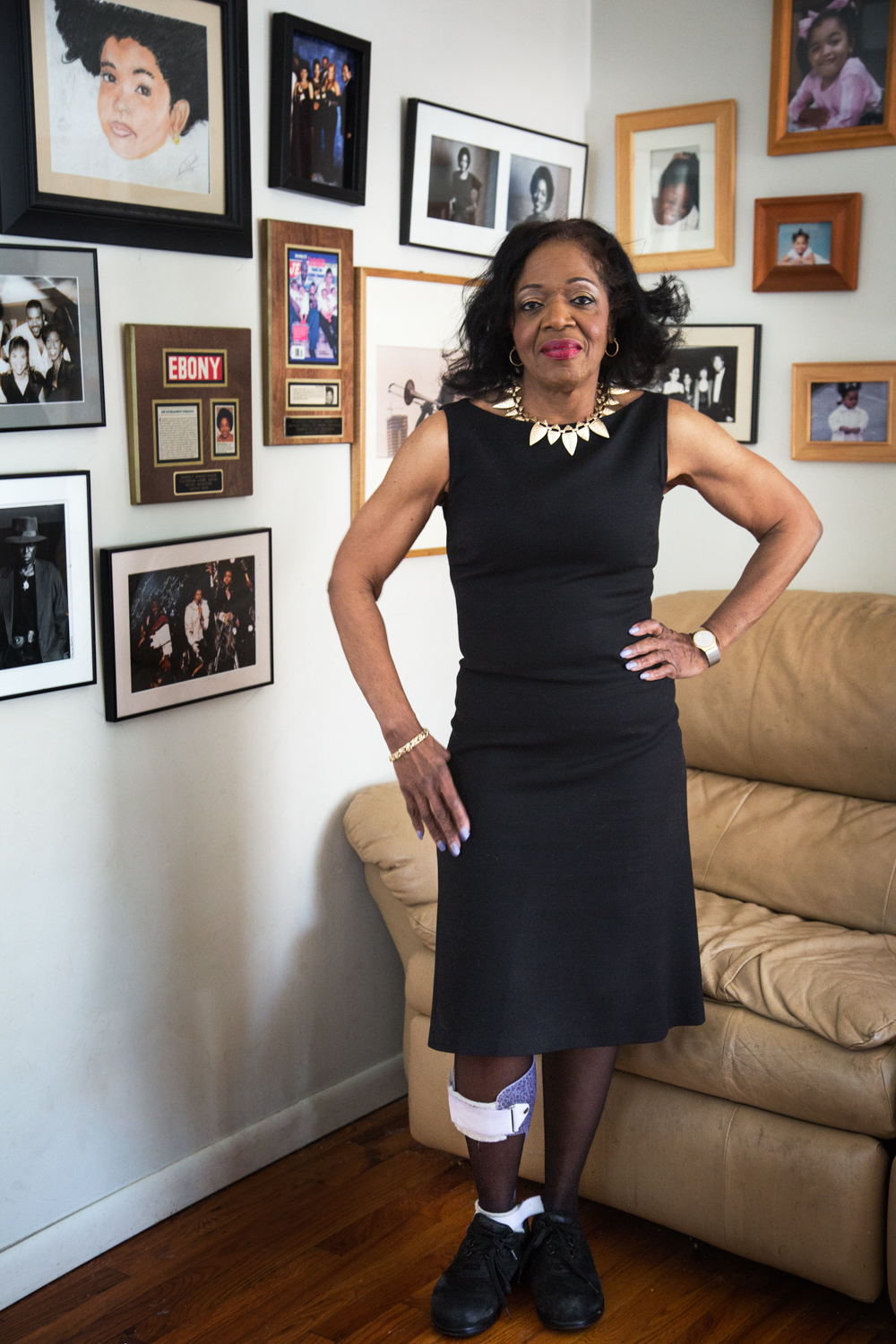BEVERLY
This is what a stroke looks like.
After I had a hemorrhagic stoke in 2007, I didn’t tell anyone for a year. I couldn’t speak, stand or walk, and I suffered temporary facial disfigurement. I had to be shown how to eat and how to use my hands to pick up a fork.
Gradually I rallied. I slowly reclaimed my independence. But even after I was better physically, I simply dropped out: I wouldn’t even return phone calls. And I had been a media relations person in the music business—I knew them all: Miles Davis, Ramsey Lewis, Dexter Gordon, Earth, Wind & Fire, Elton John, so many of the Def Jam label.
I finally decided that enough was enough and I outed myself on KISS FM. When you tell people you have had a stroke, they have a vision of someone paralyzed. But not only was I different on the outside, I was also different on the inside. I had to come to grips that I was never going to be 100% again.
I started volunteering, and I talk to everyone about heart disease. I am now an advocate for people who have suffered strokes and I’m a consultant to the American Medical Association.
I went back to school and graduated college. Now I am an adjunct professor of speech. Can you image that? Eight years ago I couldn’t say a word. And I am at the gym five days a week exercising.
This is an excerpt from a comprehensive interview.
